Michigan State Housing Development Authority (MSHDA) Down Payment Assistance Program
Michigan State Housing Development Authority (MSHDA) Down Payment Assistance Program: Your 2024 Roadmap to Owning a Home in the Great Lakes State
Ready to swap rent checks for mortgage payments but worried about the down payment? The Michigan State Housing Development Authority (MSHDA) Down Payment Assistance Program may hand you up to $7,500 to bridge that financial gap. In the next few minutes you'll discover exactly how the program functions, who qualifies, and why thousands of Michiganders have turned their homeownership dreams into an address change—without draining their savings.
Why Down Payment Help Matters in Today’s Michigan Housing Market
Median home prices across Michigan nudged past $230,000 in 2023, according to a statewide REALTOR® report—17% higher than just three years prior. Meanwhile, the Detroit Free Press recently noted that wage growth lagged behind inflation by roughly 3%. That squeeze makes it harder for first-time buyers to stash away the traditional 20% down payment.
Enter the MSHDA Down Payment Assistance—a quiet engine powering a sizable share of first-time purchases. By layering this forgivable second mortgage onto your primary loan, you keep cash in your pocket for moving costs, furniture, or simply peace of mind.
How the MSHDA Down Payment Assistance Program Works
The Michigan State Housing Development Authority (MSHDA) Down Payment Assistance Program is technically a 0% interest, non-amortizing second mortgage. Translation: no monthly payments and no interest. You repay the assistance only when you sell, refinance, or finish the first mortgage term. For most buyers, that means years—if not decades—without touching the balance.
- Assistance Amount: Up to $7,500 (or 4% of the purchase price, whichever is less)
- Loan Term: Matches the length of your first mortgage, but payments are deferred
- Interest Rate: 0%
- Usage: Down payment and/or closing costs
- Layering Allowed: Yes—pair it with FHA, VA, USDA, or conventional loans meeting MSHDA guidelines
What credit score do you need for the Michigan State Housing Development Authority (MSHDA) Down Payment Assistance Program?
MSHDA sets a minimum 640 FICO for most loans, but bumps the requirement to 660 for loans with Manufactured Housing. Although that threshold is stricter than some FHA products, it is still more forgiving than the average 700+ score conventional lenders often prefer.
Two pro tips:
- Pay down credit card balances below 30% utilization a month before applying—scores can rise fast with disciplined usage.
- Ask your loan officer if an automated “rapid rescore” is possible; it can capture recent payoff activity in days rather than weeks.
Do you have to repay the MSHDA down payment loan?
Yes, but not while you occupy the home and keep your primary mortgage intact. Because the assistance is a silent second mortgage, repayment occurs only when you sell, refinance, transfer the deed, or pay off your first mortgage. Many homeowners choose to roll the balance into their proceeds when they sell, never writing a personal check.
The structure resembles a friendly IOU—always there, yet invisible until a major transaction. Think of it as a safety rope: present but not burdensome.
How long does it take to get MSHDA approval?
From completed application to MSHDA sign-off, timelines average 15–21 days. That window can shrink to 10 days if your lender pre-verifies assets and income before sending the file to the state. Plan for the full three weeks during peak spring buying season when volume spikes.
Procrastination is a deal-killer. Submit every bank statement, W-2, and pay stub the same day your lender requests them and you’ll glide through faster than a sailboat on Lake Huron.
Eligibility Checklist: Are You a Fit?
Requirements vary slightly by county, but the core criteria look like this:
- First-time buyer status (no ownership in the past three years) OR purchasing in a target-area census tract
- Household income limits: $69,000–$139,000 depending on county and household size
- Home price cap: $224,500 for existing homes; $283,500 for new construction (limits adjust annually)
- Minimum investment: $1,000 of your own funds toward the transaction
- Completion of a HUD-approved homebuyer education course
A lesser-known nuance: you can still qualify if you co-sign for a student or auto loan, as long as your name isn't on another real estate deed. Many applicants incorrectly disqualify themselves—don’t fall into that trap.
Step-by-Step Application Guide (Featuring Jamal & Priya’s Micro-Story)
Numbers sometimes feel abstract, so let’s follow Jamal and Priya, a pair of Grand Rapids teachers who recently closed on a $210,000 bungalow using the Michigan State Housing Development Authority (MSHDA) Down Payment Assistance Program.
- Choose an MSHDA-approved lender. The couple interviewed two local credit unions and a statewide mortgage bank before deciding who made them feel “heard.”
- Get pre-approved. Their combined $82,000 income fit Kent County’s limit. A 650 credit score each sealed the deal.
- Finish homebuyer education. They completed a six-hour online course one rainy Saturday, coffee mugs in hand.
- Find a property. A savvy REALTOR® suggested touring homes on weekday mornings to beat competition.
- Submit MSHDA paperwork. Their lender uploaded docs the same day the purchase agreement was signed.
- Receive conditional approval. Day 9—faster than the statewide average.
- Close and move in. Jamal jokes that the hardest part was learning how to program the smart thermostat, not the paperwork.
Their out-of-pocket? Just $3,200, including inspections and movers—a fraction of the 10% down they feared they’d need.
Benefits and Potential Pitfalls
What Makes the Program Shine
- Zero interest and no monthly payments free up cash flow.
- Pairs with multiple loan types—flexibility is baked in.
- Lower private mortgage insurance (PMI) on certain conventional loans compared to FHA alone.
- State oversight reduces predatory lending risk.
Points to Watch
- Income and purchase price caps can shut out higher-priced metro areas.
- Repayment upon refinancing could limit options if rates drop dramatically.
- Minimum $1,000 personal contribution still required—zero-cash deals are rare.
Can You Combine MSHDA with Other Assistance?
Absolutely. City-level programs in Detroit, Lansing, and Kalamazoo each offer grants ranging from $5,000 to $10,000. You can also tap federal initiatives like the HomePath Ready Buyer 3% incentive on Fannie Mae properties. Always confirm that the layered funds are non-repayable or subordinate to MSHDA in lien position.
Frequently Asked Questions
Is the MSHDA assistance taxable?
No, assistance is treated as loan proceeds, not income.
Can I use MSHDA on a duplex?
Yes, up to two-unit properties are eligible, provided you occupy one unit.
Does the program work with VA loans?
Yes, many veterans pair their zero-down VA loan with MSHDA for closing costs.
Are condos allowed?
Condominiums approved by HUD, Fannie Mae, or Freddie Mac qualify.
What happens if I move out but keep the house as a rental?
Once the home is no longer your primary residence, the assistance becomes due in full.
Take the Next Step Toward Your Michigan Front Door
Imagine grilling in your own backyard by July. That vision can start now with the Michigan State Housing Development Authority (MSHDA) Down Payment Assistance Program. Our team at YourHomeNavigator has guided more than 450 families through the process, and we’d love to add your name to the mailbox. Schedule a free 15-minute discovery call or download our lender-matching checklist—your future self will thank you.
Suggested URL slug: /mshda-down-payment-assistance-michigan-guide-2024
Explore More Blog Posts
Checkout more similar posts those will help you to choose better property.

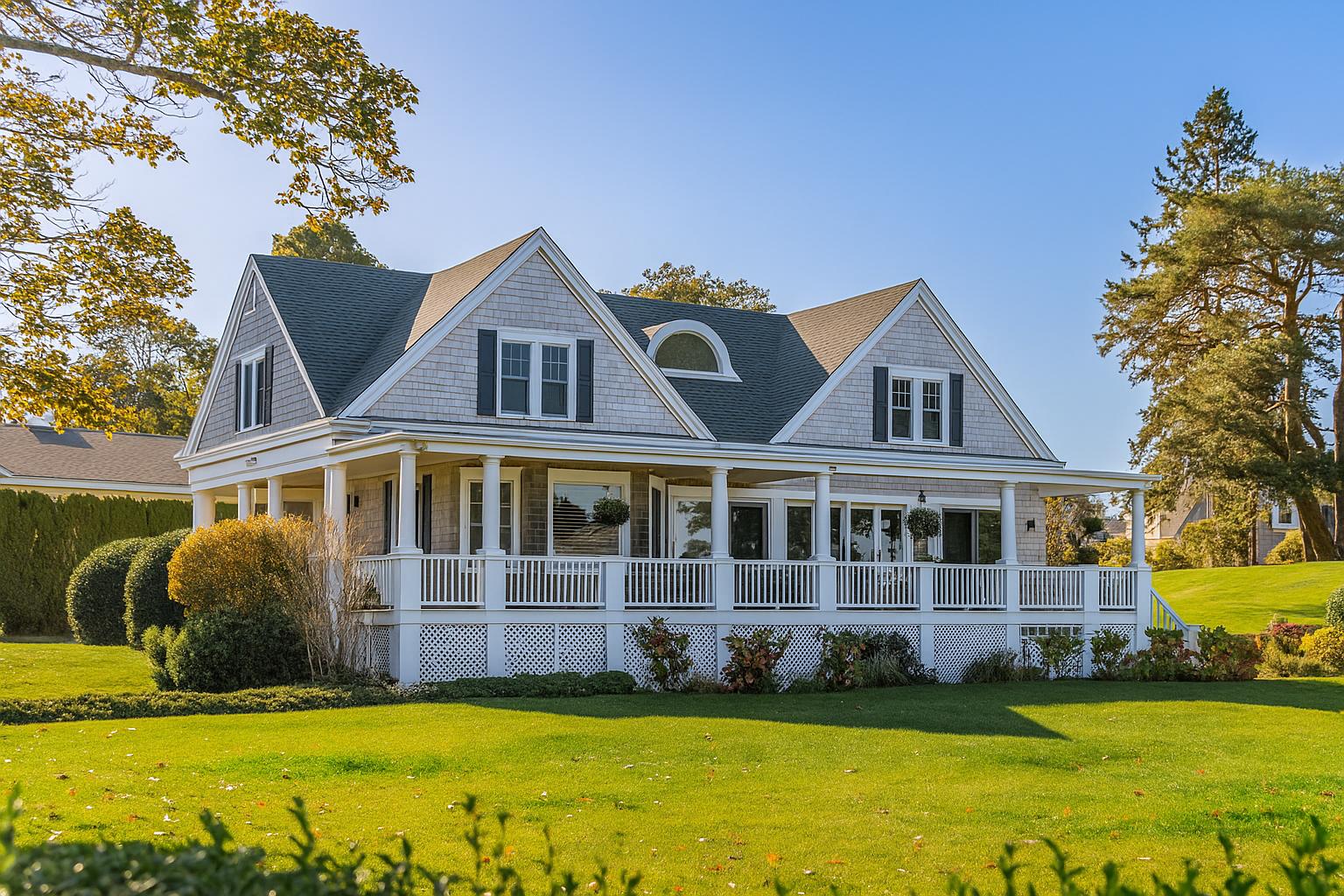
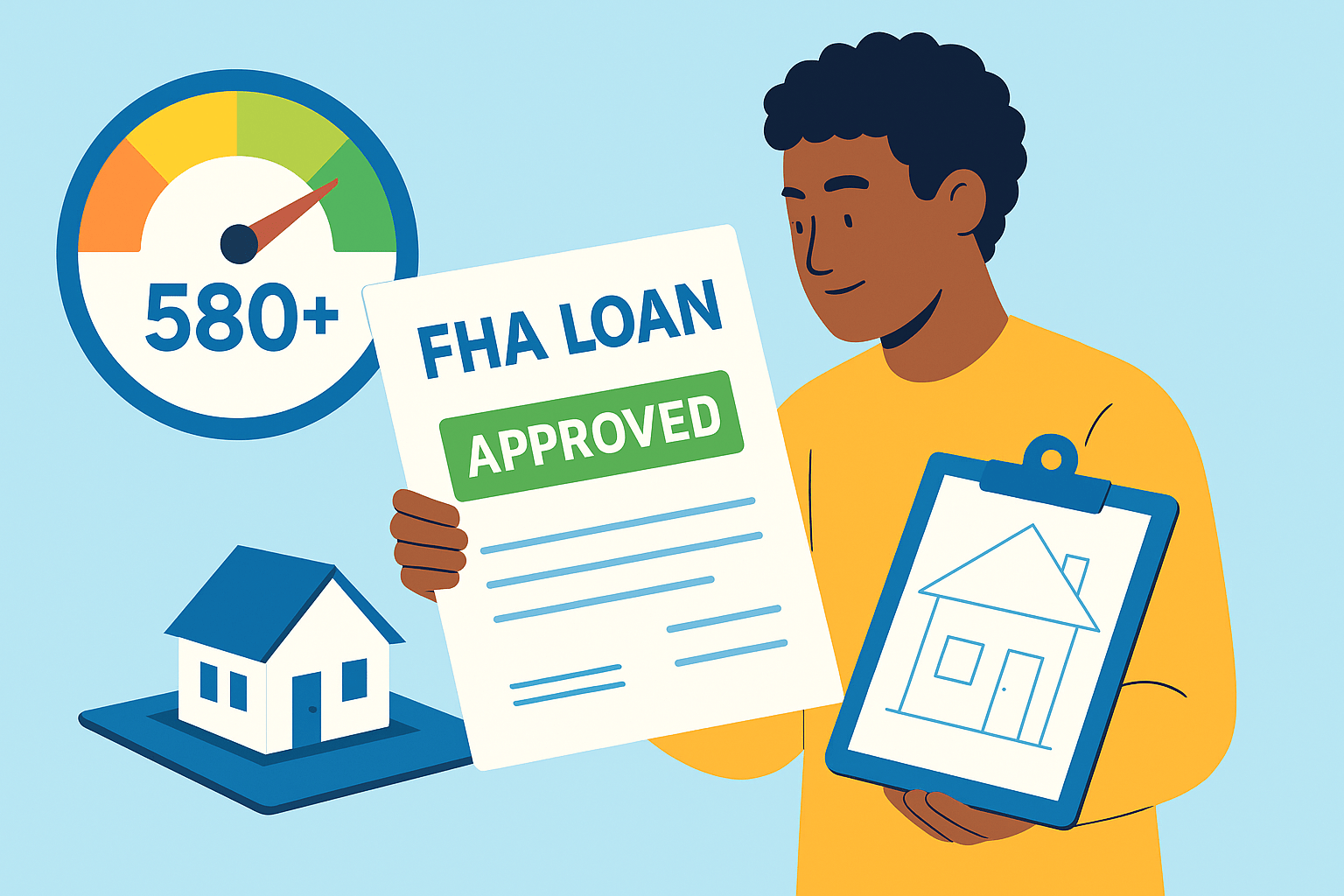
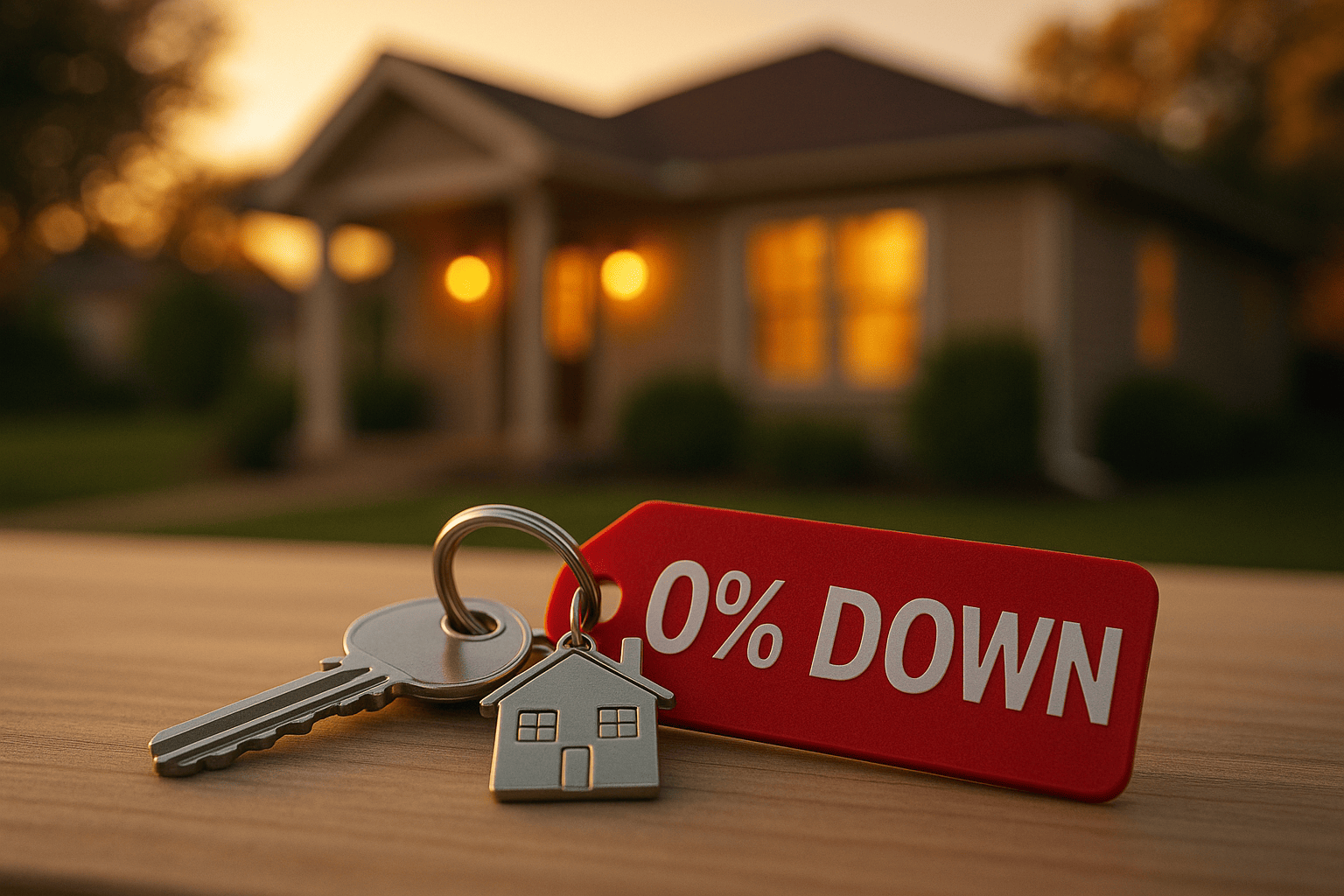
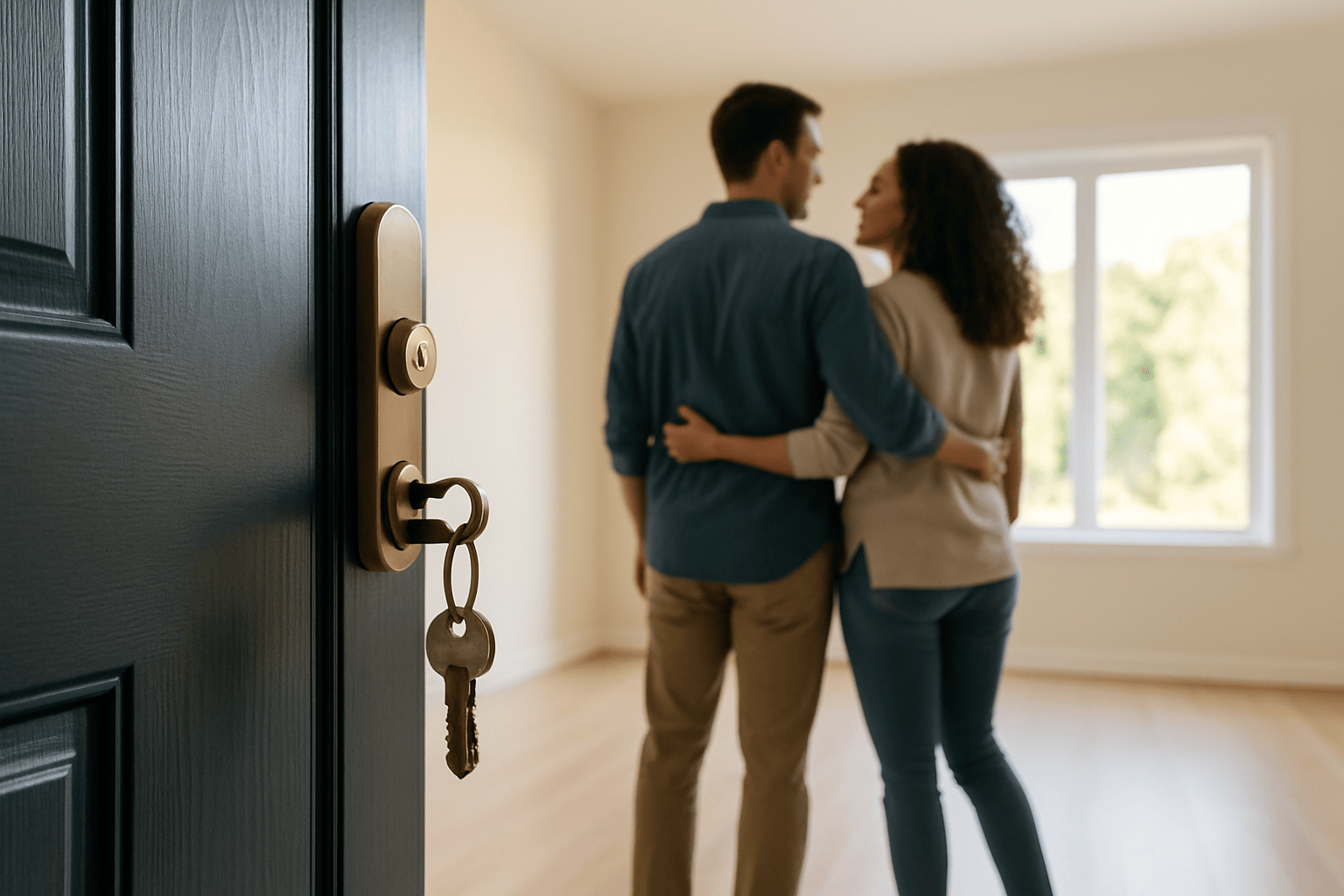
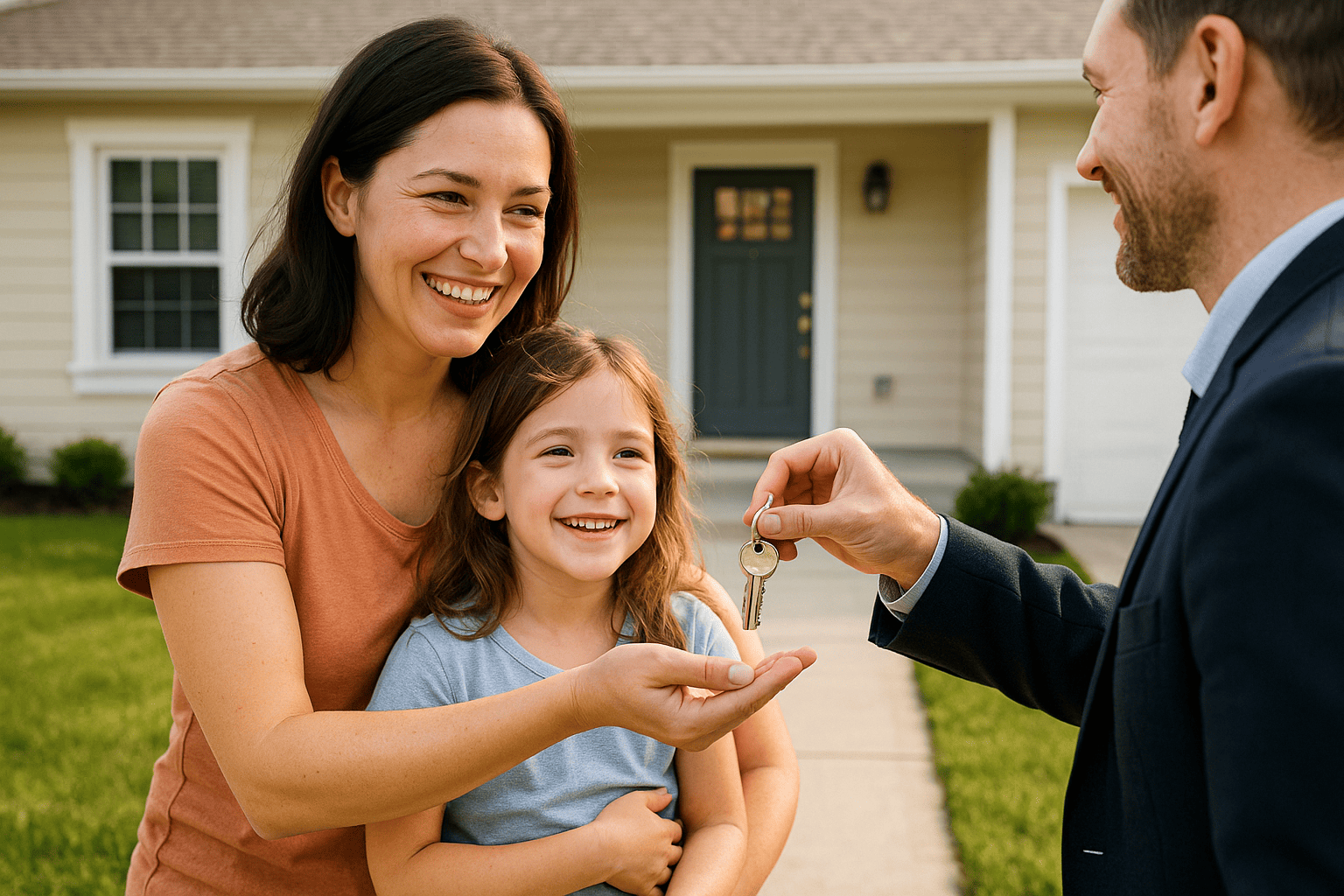


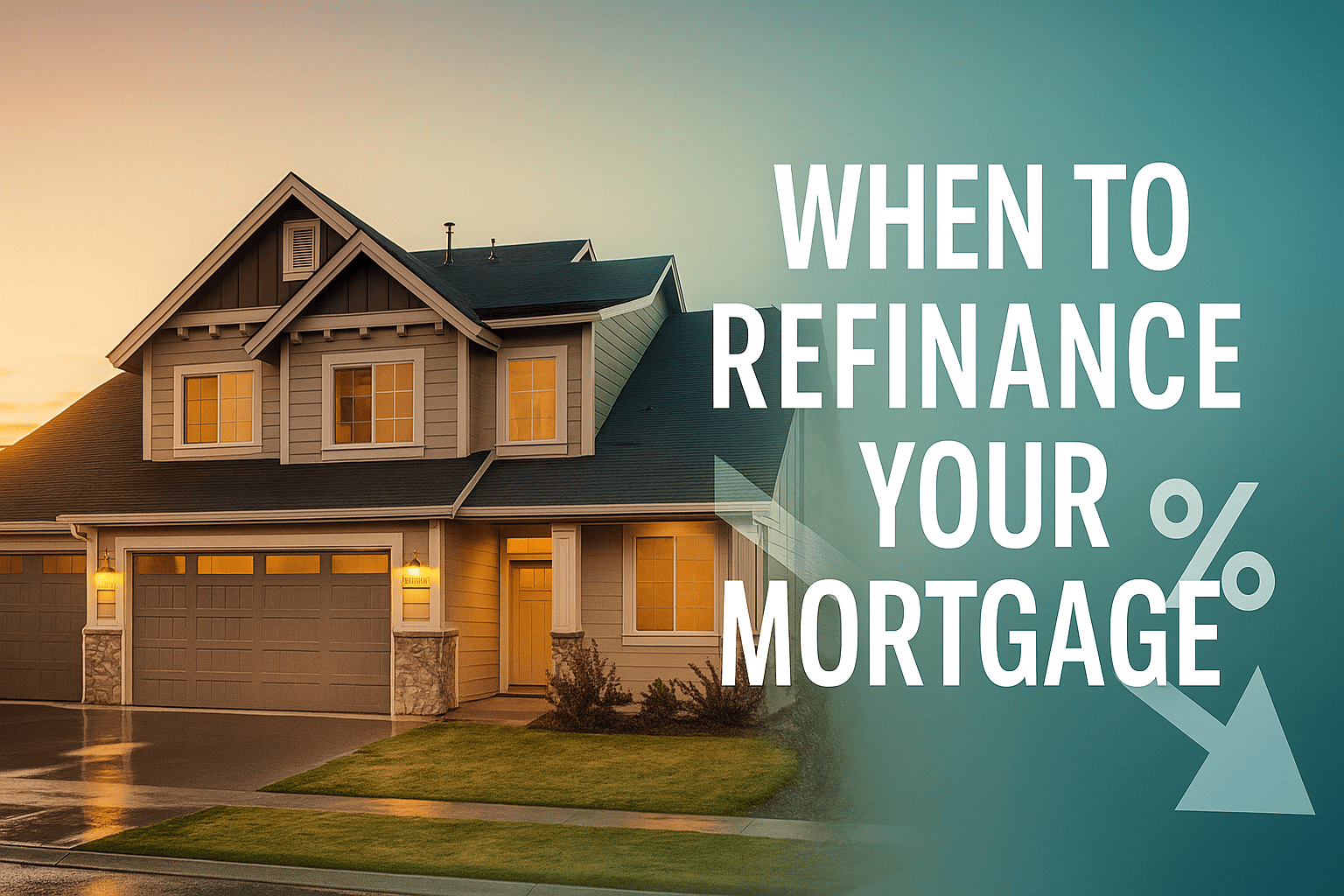
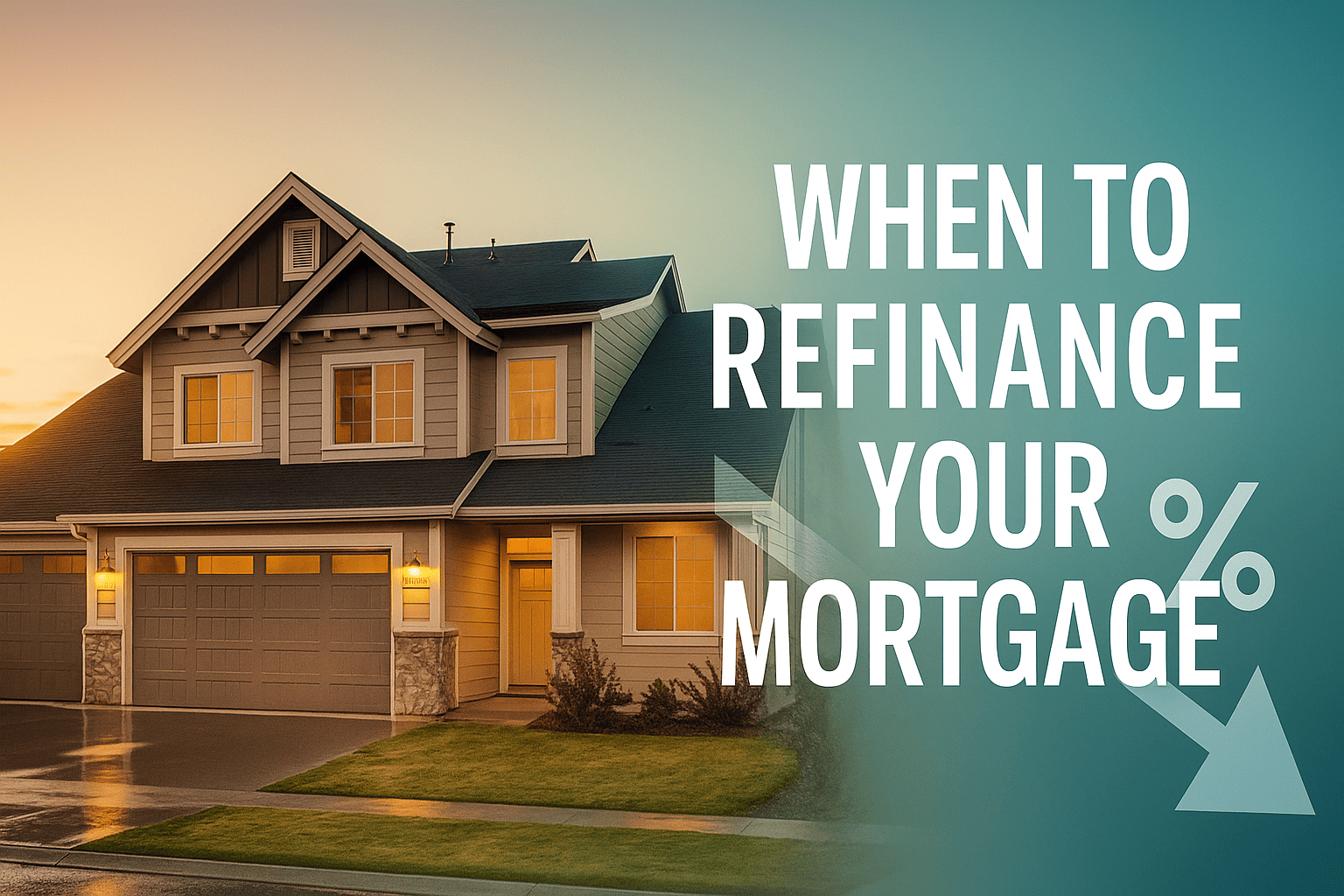


 Profile
Profile Password
Password Saved Properties
Saved Properties Sign Out
Sign Out
 +0.01
+0.01
 -0.15
-0.15

